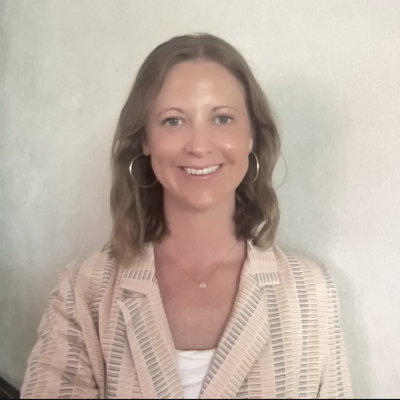Lucinda Hiam
Doctor of Philosophy (DPhil) in Geography and the Environment
Supervisors: Professor Danny Dorling and Professor Martin McKee (London School of Hygiene and Tropical Medicine)
Doctor of Philosophy (DPhil) in Geography and the Environment
Supervisors: Professor Danny Dorling and Professor Martin McKee (London School of Hygiene and Tropical Medicine)
Things Fall Apart: the British Health Crisis 2010-2020
Academic profile
Lucinda is a Clarendon Scholar studying part-time for a DPhil researching the impact of austerity on health outcomes in the UK since 2010, exploring a range of explanations for the deterioration seen. She has published widely in both academic and non-academic outlets, most recently as a commissioner on the British Medical Journal (BMJ) Future of the NHS Commission. Her comment and editorial pieces have featured in publications including the Lancet, the BMJ, and the Guardian. In 2023 she was awarded the BMJ “Get Up Stand Up” Award for “taking a stand for the health of people and the planet”, related to her work on austerity and health. Prior to Oxford, Lucinda holds a Master of Public Health from the London School of Hygiene and Tropical Medicine, where her thesis exploring the link between austerity and health was published as two linked academic papers receiving extensive international media coverage.
Lucinda began her career as a junior doctor in Birmingham in 2009, working on the trauma ward receiving military personnel injured in Afghanistan, as well as from the population, after completing a Bachelor of Medicine and Bachelor of Surgery (MBChB) and degree in Psychological Medicine (BMedSci) from the University of Birmingham. Subsequently, since qualifying as a GP, she has been working in NHS primary care services in London. As a clinician, she observed a deterioration in health and social conditions among her patients during the period following implementation of austerity economic policies in 2010—an observation that motivated a lasting professional and academic interest in the nexus of public health, economic and social policies, and migration. In the UK, Lucinda volunteered in the Doctors of the World UK clinics for people struggling to access the NHS, and subsequently became health advisor and clinical lead for policy, including providing evidence to the UK Parliamentary Health and Social Care Select committee. During COVID-19, she provided clinical care and contributed to the development of an award-winning outreach service providing healthcare to people experiencing homelessness and asylum seekers housed in hotels in London, as well as working in community COVID-19 hubs and vaccination clinics.
Internationally, Lucinda has worked for Médecins Sans Frontières (MSF) in Jordan, focused on clinics supporting refugees from Syria, as well as in Uganda and remotely supporting training on non-communicable diseases (NCDs). She has experience providing peer-to-peer training and protocol development for NCDs, quality improvement, and health systems through her role as a Clinical Associate with Primary Care International (PCI) in countries including Burundi and Sudan, and through development of eLearning and remote training for countries including Libya, Yemen and St Vincent and the Grenadines following the volcano eruption. During this time Lucinda furthered her academic interest in this area as a research fellow in universal health care with Lancet Migration, a global collaboration to advance migration and health, and honorary research fellow at the London School of Hygiene and Tropical Medicine. In 2022, Lucinda joined the World Health Organisation (WHO) Romania country office focused on access to healthcare for refugees from Ukraine, where she was responsible for supporting efforts by the national government to provide appropriate health services for the large displaced Ukrainian population. Most recently she has served as a technical advisor in the WHO HQ Department of Health and Migration, working on the research-policy nexus.






